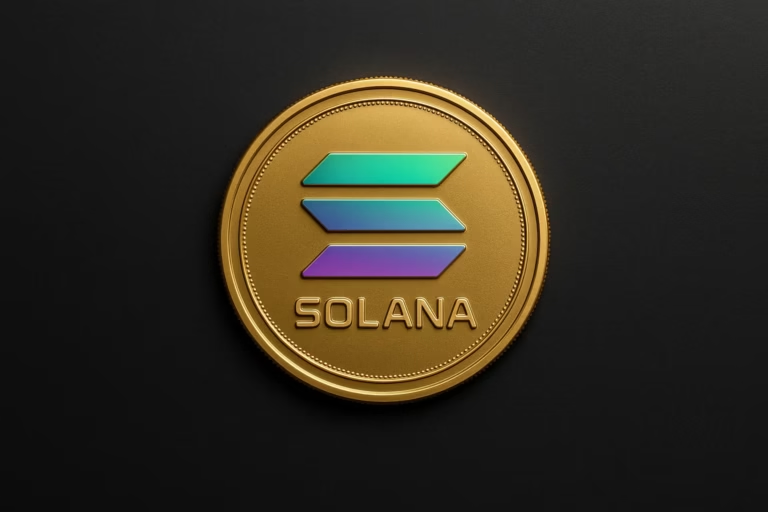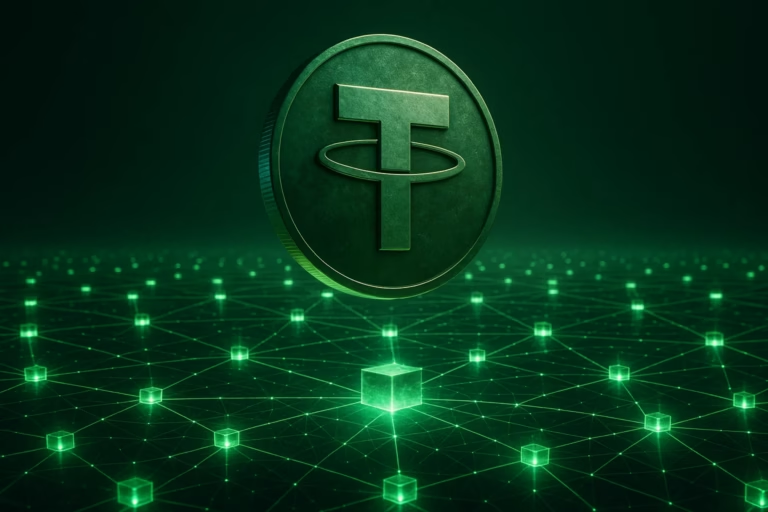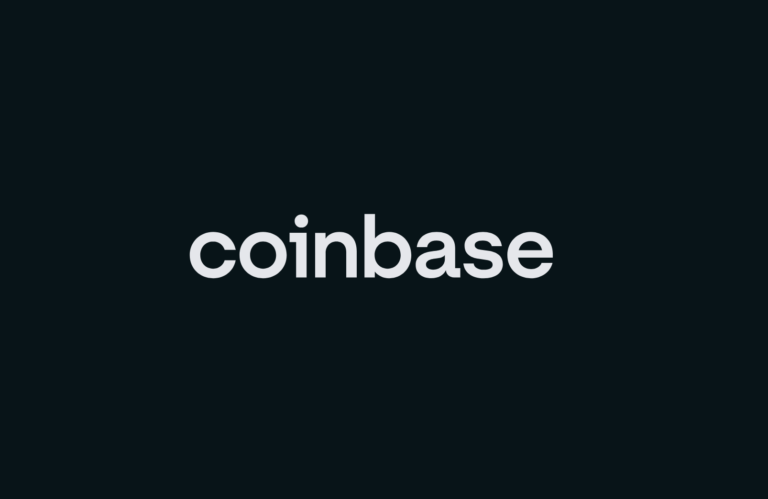
- Unveiling VeChain: Blockchain’s enterprise solution, designed by Sunny Lu and Jay Zhang, is a purpose-built protocol for supply chain transparency, leveraging a dual-token system (VET and VTHO) and a Proof of Authority consensus mechanism.
- While offering scalable dApp capabilities and fostering industry partnerships, VeChain’s centralized governance model presents challenges around inclusivity and network security.
Blockchain technology, the backbone of the cryptocurrency realm, is reshaping multiple industries worldwide, ranging from finance and healthcare to entertainment and supply chain management. According to Gartner, this technology is poised to unlock over $3 trillion in new business value by the decade’s end. However, the needs of various sectors are diverse, leading to the emergence of specialized blockchain networks like VeChain.
What Is VeChain? VeChain is a layer 1 blockchain protocol tailored for enterprise adoption, offering a scalable and low-carbon platform for building decentralized applications (dApps). Initially focused on supply chain management, VeChain employs smart chips, RFID, and sensors to transmit product data onto its blockchain, providing real-time visibility to authorized parties.
Origin and Key Players Founded in 2015 by Sunny Lu and Jay Zhang, VeChain emerged as a subsidiary of Bitse, a Chinese blockchain company. Sunny Lu, formerly a chief information officer at Louis Vuitton China, brought deep industry insights into the project. The successful ICO in 2017 raised $20 million, propelling VeChain to transition from Ethereum to its own VeChainThor Blockchain in 2018.
Economic Model: VET and VTHO VeChain operates with two native tokens: VET, serving as a store of value and enabling stakeholder voting, and VTHO, used for network transaction fees. This dual-token system aims to stabilize network fees and separate utility from speculative activities.
VeChain’s Unique Features VeChain’s architecture revolves around the Proof of Authority (PoA) consensus mechanism, leveraging 101 Authority Masternodes for transaction validation. This approach ensures enterprise-grade scalability and speed, although critics highlight concerns about centralization.
Improving Supply Chain Transparency VeChain’s real-world impact is evident in supply chain management, where its blockchain enables end-to-end product tracking using NFC, RFID, and QR codes. This transparency enhances authenticity and consumer confidence by providing immutable data access.
Empowering Enterprise dApps By prioritizing speed and scalability, VeChain supports complex enterprise-grade applications and smart contracts. The VeChainThor platform includes VORJ, facilitating easy smart contract creation without coding expertise, fostering widespread dApp development and adoption.
Subheading: Centralization vs. Decentralization Despite its scalability advantages, VeChain’s centralized nature—relying on a limited number of Authority Masternodes—raises concerns about security vulnerabilities and potential collusion among validators. However, the PoA model incentivizes accountability through mandatory identity disclosures and significant financial stakes.
Challenges and Implications VeChain’s requirement for full KYC verification for Authority Masternodes excludes anonymous users, limiting their network influence. While economic nodes offer some participation, their voting power remains significantly lower, underscoring the balance between security and inclusivity in blockchain governance.
In summary, VeChain represents a pivotal advancement in enterprise-focused blockchain solutions, driven by its scalable infrastructure and commitment to transparency. While centralization poses challenges, VeChain’s innovative approach to supply chain management and dApp deployment continues to reshape industries, solidifying its role as a leader in blockchain innovation.
By embracing VeChain, enterprises gain unprecedented access to transparent and efficient supply chains, empowered by a robust blockchain ecosystem designed for real-world applications. As VeChain navigates the evolving landscape of blockchain technology, its impact on global industries will continue to redefine business operations and customer experiences.




